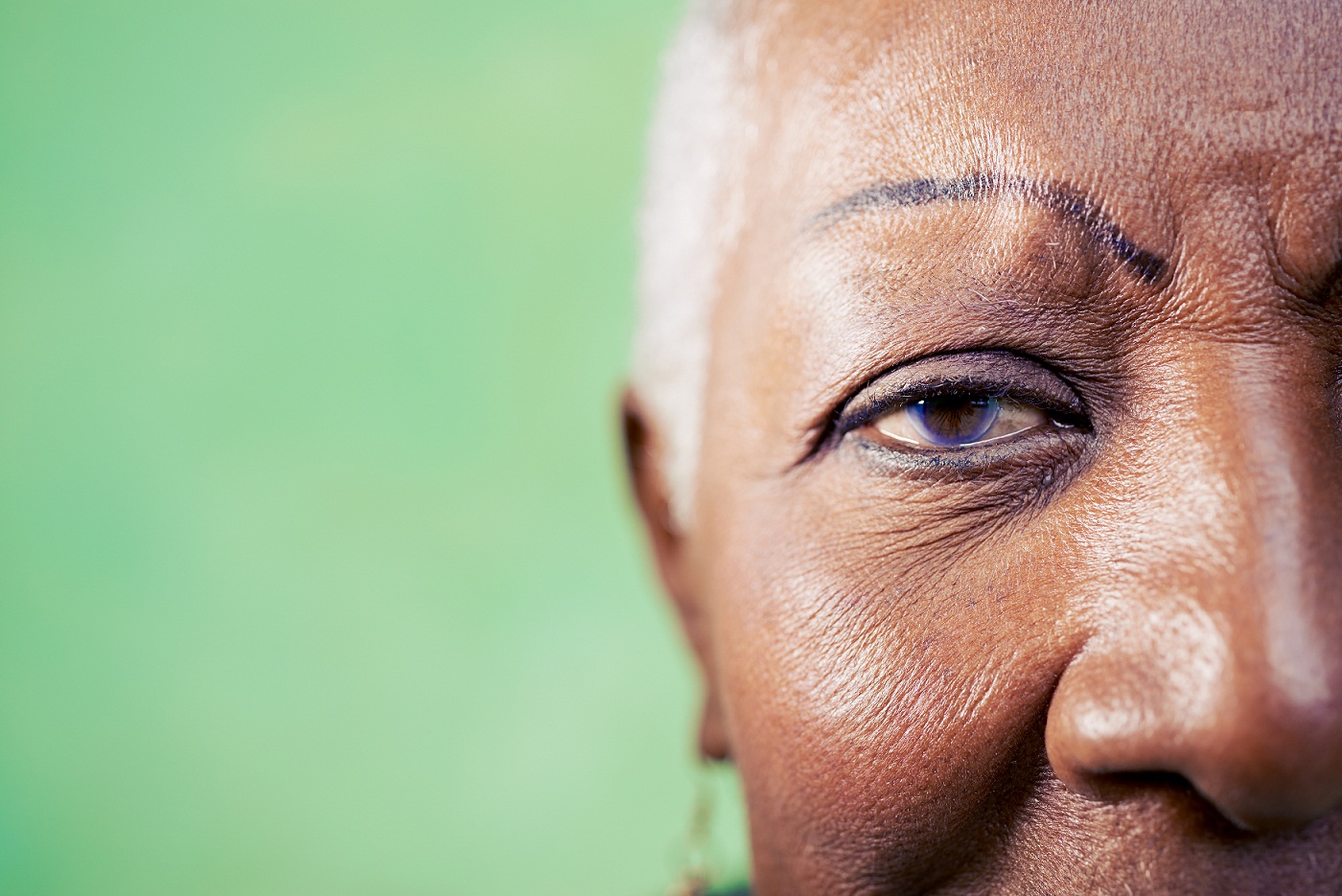Women
HPV Study Finds Higher Risk of Cervical Cancer Deaths in Older Black Women
- A new study has recalculated the incidence of cervical cancer deaths in the U.S., excluding women who have had a hysterectomy and so are not at risk for cervical cancer.
- The study found a higher risk of dying from cervical cancer than had been previously reported, most significantly among older black women.
- Although the study concluded only that greater efforts at screening and treatment of that population were needed, CNN added a recommendation for the controversial HPV vaccination.
The study’s authors acknowledged that previously reported mortality numbers had included women with no risk of developing cervical cancer because they had undergone a complete hysterectomy that included removal of the cervix. Excluding those women from calculations yielded significantly different results.
Evaluating groups by age, state, year, and race, the researchers found that the increased risk was particularly apparent in black women, whose estimated risk rose from 5.7 per 100,000 to 10.1 per 100,000 when hysterectomy was considered. In white women, the rates were 3.2 per 100,000 and 4.7 per 100,000, respectively.
The reasons for the racial disparity in this study were not completely clear, though differences in access to screening programs and levels of standardized care for cervical cancer were noted as likely factors.
The summary of the study concluded simply that, “The highest rates are seen in the oldest black women, and public health efforts should focus on appropriate screening and adequate treatment in this population.” Interestingly, in an article about the study, CNN took the liberty of adding its own specific plug for the human papillomavirus (HPV) vaccine, stating:
Cervical cancer is highly preventable in the United States because of the availability of screening tests and a vaccine to prevent human papillomavirus, or HPV, which can cause cervical cancer.2
Cervical Cancer and HPV
The fact is that death from cervical cancer has been rare in this country since the beginning of routine Pap testing in the 1960s, long before the HPV vaccine showed up.3 Cervical cancer is extremely slow to develop and, with Pap screening, is easy to detect and treat in the early stages of pre-cancerous cell changes.According to the National Institutes of Health (NIH), mortality from cervical cancer accounts for approximately 2.4 deaths per 100,000 women per year in the U.S. Most cervical cancer deaths occur in countries without access to regular Pap screening.
HPV comprises over 100 strains of virus, though most are harmless and only a few are linked to cervical cancer or genital warts.4 HPV infection is so common that nearly all sexually active adults will acquire it at some point in their life, but HPV clears on its own in over 90 percent of cases within two years, and most often within six months.5 For those who adhere to screening guidelines, the risks of the slow-growing cancer becoming life-threatening are minimal.
HPV Vaccines Remain Controversial
The HPV vaccines Cervarix, Gardasil, and Gardasil 9 are active against the strains most often associated with cancer of the cervix but the vaccines have been embroiled in controversy as they have also been responsible for significant health problems in a number of girls who got the three-dose series.6Among the serious adverse reactions reported are sudden collapse with unconsciousness within 24 hours of vaccination, seizures, disabling fatigue, Guillain-Barré syndrome (GBS) , facial paralysis, brain inflammation, rheumatoid arthritis, lupus, blood clots, multiple sclerosis, stroke,7 and ovarian failure or premature menopause, among others.8
Screening Guidelines
Current screening guidelines from the American Cancer Society9 call for a baseline screening at age 21, followed by Pap tests every three years until age 29. Women age 30 and older are advised to have both a Pap test and an HPV test every five years. Recommendations for women over age 65 depend on results of previous tests.The guidelines are the same regardless of vaccination status. Anne Rositch, lead author of the study discussed here, said, “It may be that some women are not obtaining screening according to our current guidelines, not necessarily that guideline-based care is insufficient.”
References:



No comments:
Post a Comment